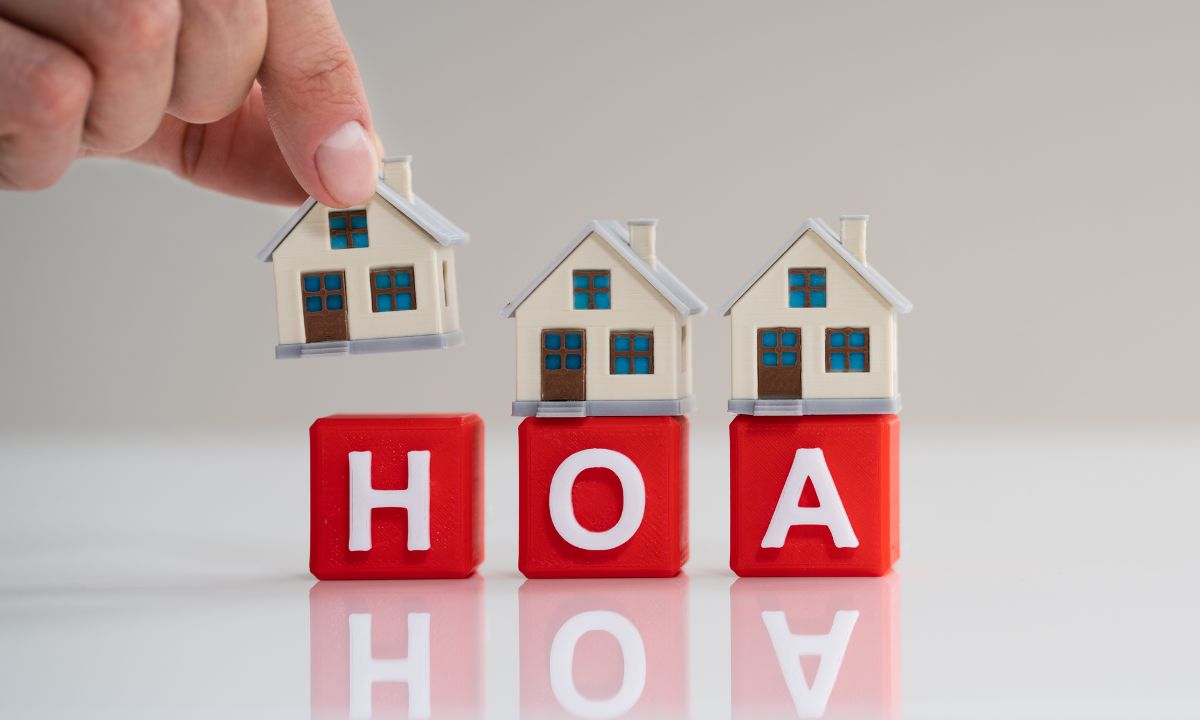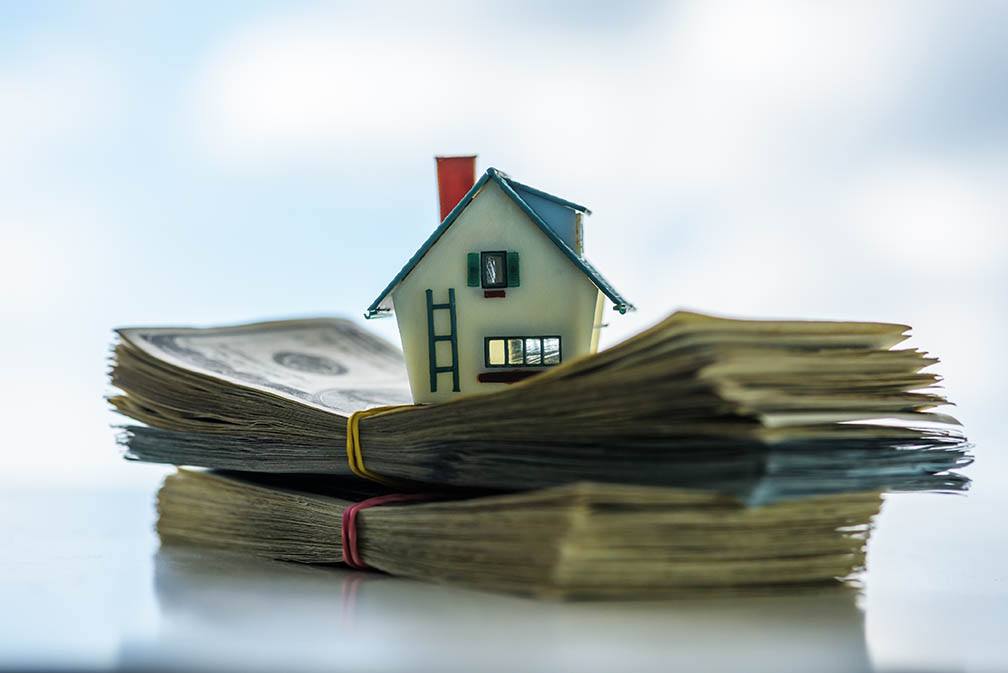In A World of Homeowners’ Associations (HOAs)
 With the current shortage in housing inventory, more buyers are considering condominiums and townhomes as viable options. Most of these properties are part of a homeowners’ association (HOA), which plays a crucial role in maintaining the community. Understanding what an HOA entails can help you make an informed decision before purchasing your next home. Here’s what you need to know:
With the current shortage in housing inventory, more buyers are considering condominiums and townhomes as viable options. Most of these properties are part of a homeowners’ association (HOA), which plays a crucial role in maintaining the community. Understanding what an HOA entails can help you make an informed decision before purchasing your next home. Here’s what you need to know:
1. Mandatory Membership When you buy a home that’s part of an HOA, membership isn’t optional—it’s mandatory. Along with membership comes the responsibility of paying HOA fees, which may be billed monthly or annually. These fees typically cover the upkeep of common areas like parks, pools, and elevators, as well as building maintenance.
2. Understanding CC&Rs Every HOA has a set of rules known as Covenants, Conditions, and Restrictions (CC&Rs). These guidelines dictate what residents can and cannot do with their property. It’s essential to review these carefully, especially the sections on fines and penalties. Some HOAs have the authority to foreclose on your property for unpaid dues or fines resulting from CC&R violations.
3. Varying Fees HOA fees can vary widely from one community to another. It’s wise to ask the following questions before purchasing:
- How are fee increases determined?
- How often do fees increase, and by how much historically?
- Can I see a printed history of HOA dues over the last decade?
- What is the size of the HOA’s reserve fund?
- What do the monthly dues cover?
4. Review Meeting Minutes Reading the minutes from the most recent HOA meetings can give you valuable insight into any ongoing or past issues within the community. These notes often highlight how conflicts are resolved and whether the HOA has taken legal action against any members.
5. Check the Insurance It’s important to know what type of catastrophe insurance the HOA carries for the property. This is especially crucial if your home is in an area susceptible to natural disasters like floods, earthquakes, or hurricanes.
6. Consider Financing Impact HOA fees can affect your financing options, so be sure to account for these costs when applying for a mortgage. Lenders will factor in these fees when determining your loan eligibility.
7. Governance and State Laws Most HOAs are incorporated entities and must adhere to state laws. The HOA is typically governed by a board of directors elected by the community members, who are responsible for enforcing the governing documents and overseeing the community’s operations.
Buying a home within an HOA community comes with both benefits and responsibilities. By understanding the rules, fees, and governance, you can make a well-informed decision that aligns with your lifestyle and financial goals.

 Owning a home can be an exciting and rewarding experience, but it’s important to be aware of the expenses that come with homeownership. Understanding these costs can help you prepare for and manage them effectively, ensuring a smoother transition into your new home.
Owning a home can be an exciting and rewarding experience, but it’s important to be aware of the expenses that come with homeownership. Understanding these costs can help you prepare for and manage them effectively, ensuring a smoother transition into your new home. For those who live in a condo, they know that there are numerous advantages that come with this living arrangement. Living in a condo means that other people are going to be responsible for landscaping and common areas while homeowners are still able to build equity in the home.
For those who live in a condo, they know that there are numerous advantages that come with this living arrangement. Living in a condo means that other people are going to be responsible for landscaping and common areas while homeowners are still able to build equity in the home.